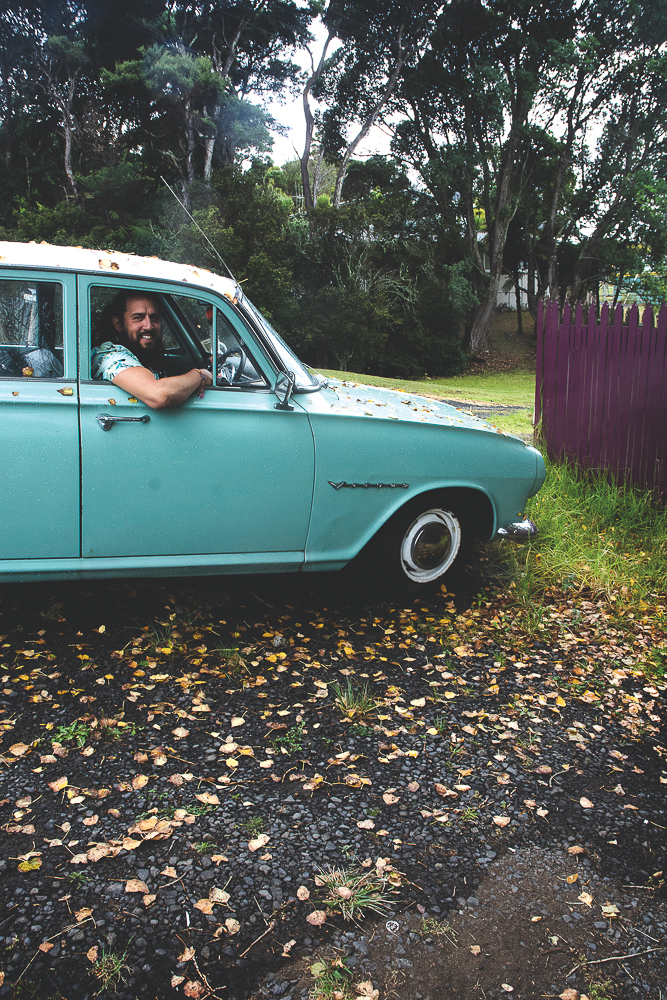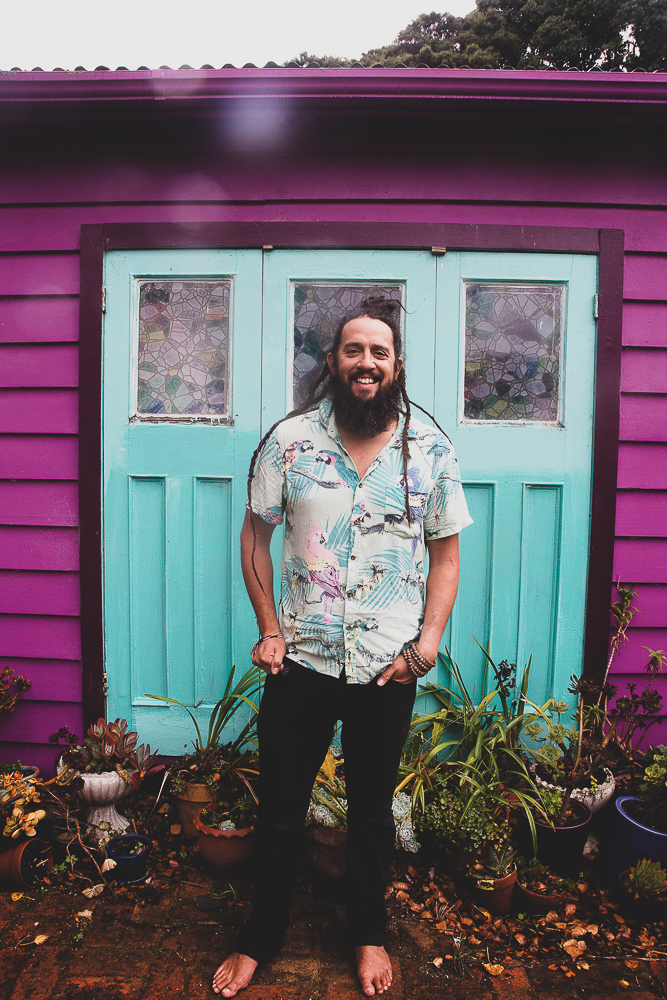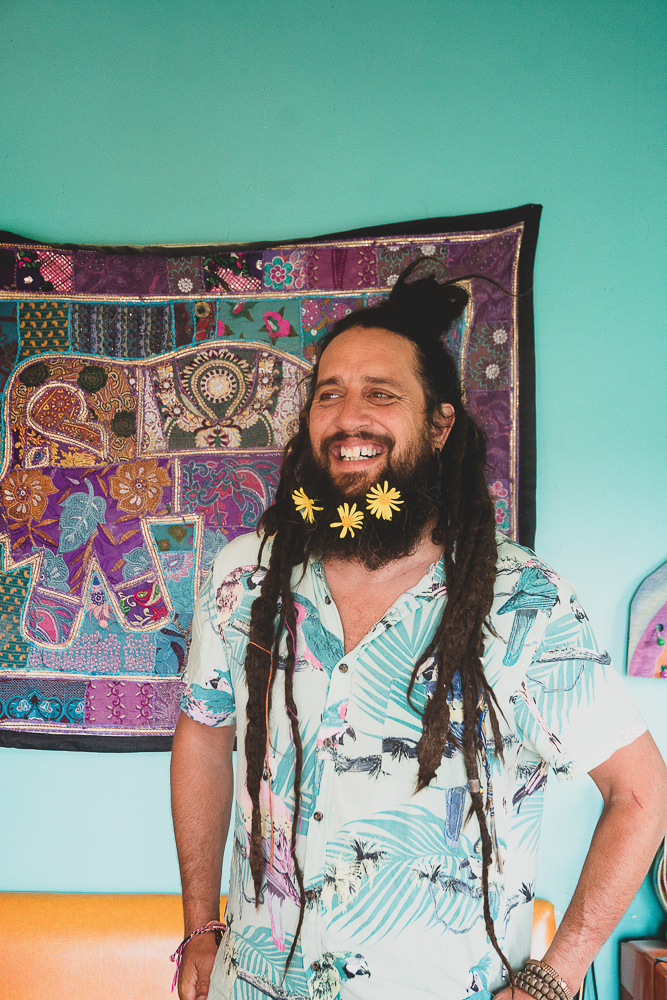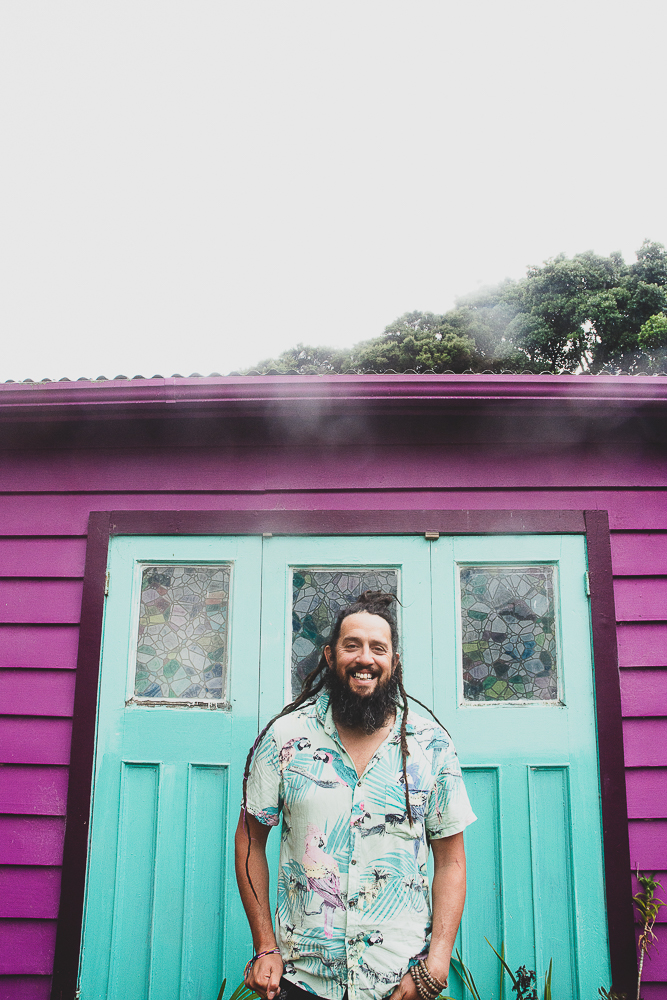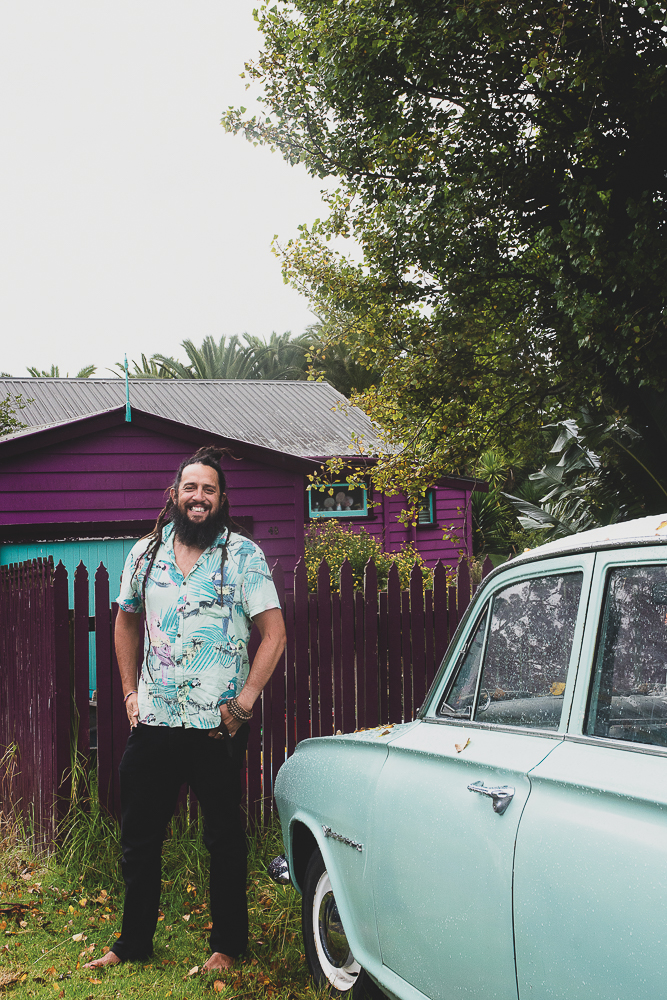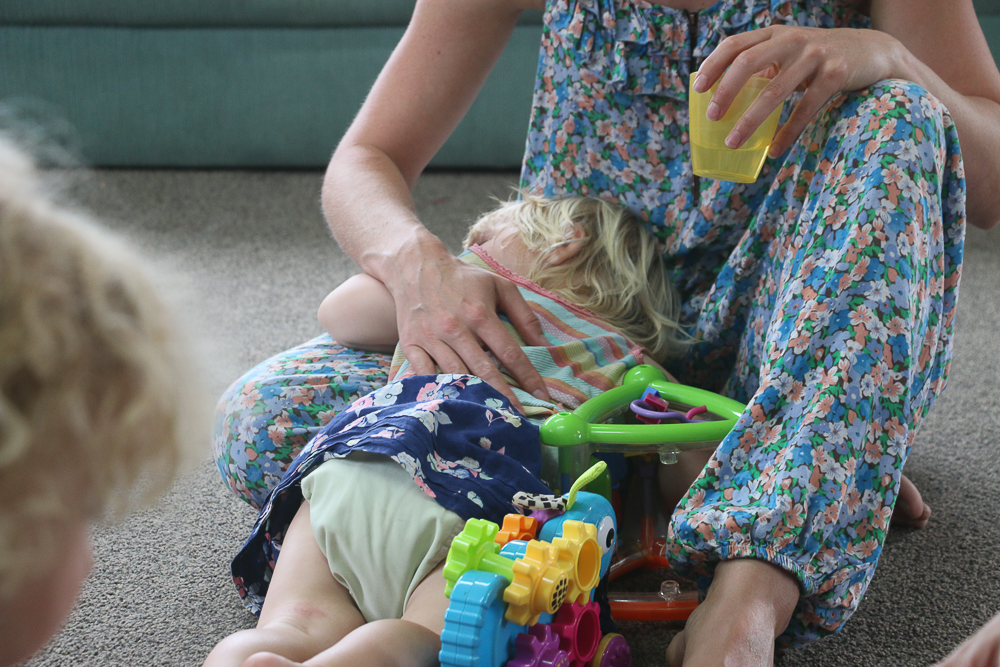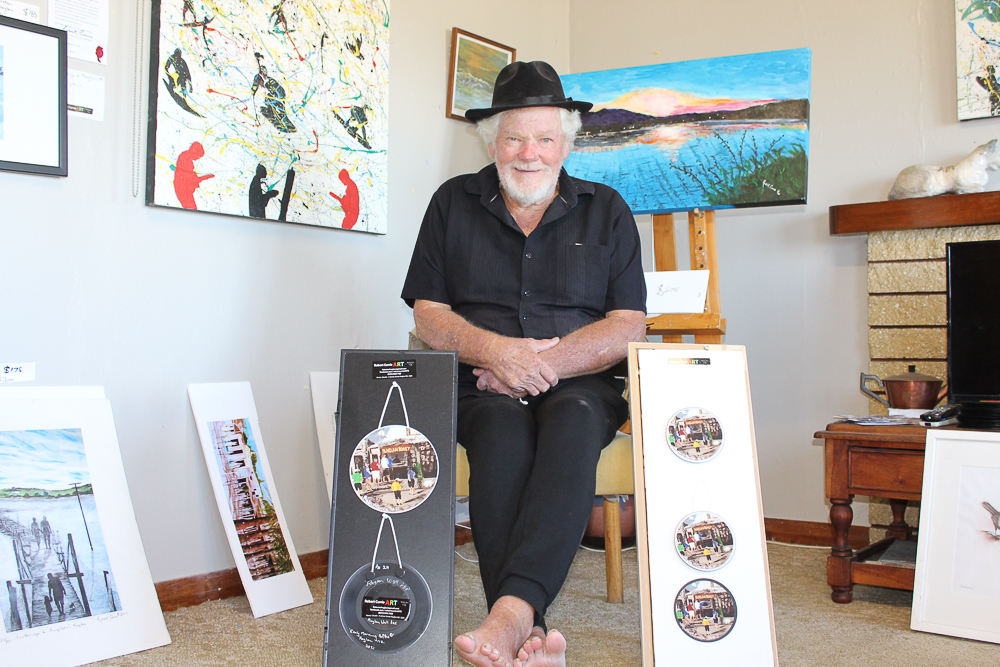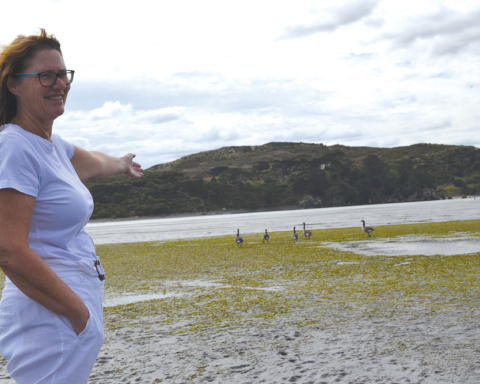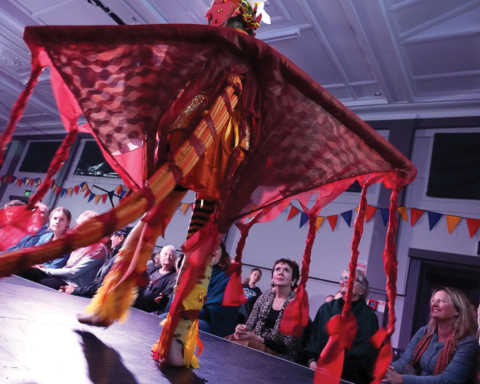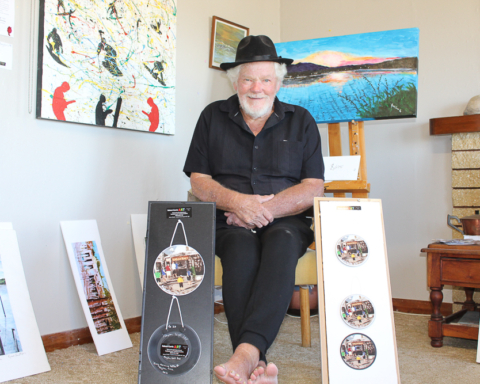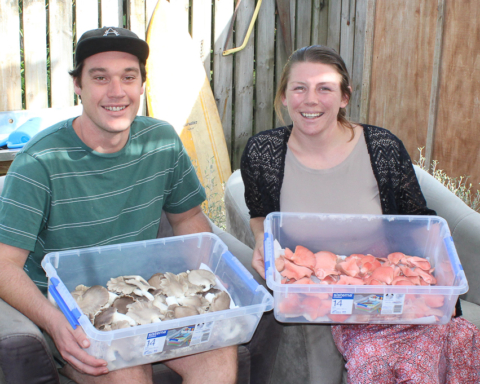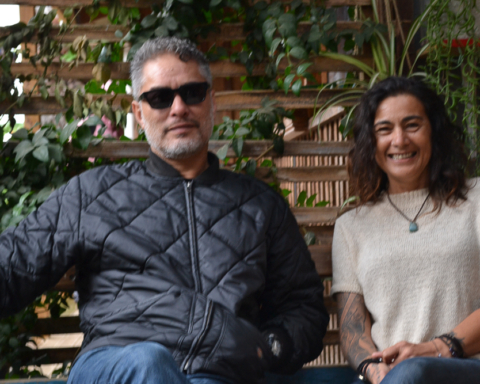The Local Rag sat down with local teacher Joseph Rajaram Rao to hear about what inspires his work as well as some of his past adventures.
Where do you teach currently and what is your role?
I currently teach in the Year 7-10 area, teaching Social Sciences and English. I have held many different roles and originally when I started I created the Year 11-13 Senior Social Sciences department. I love working up at the kura with all the cool kaiako. My new role now is a community connector which I love. This is about supporting the PTA and connecting our community with our students.
At what stage of life did you do your training and where ? Had you always wanted to teach? What were you doing prior to this?
I had a challenging time at school. I was a remedial reader, I was probably also pretty mischievous…. I had three distinctive and different learning experiences; being taught by the nuns… not the most fun I’ve had, Tauranga boys….. Hyper masculine and then boarding school… None of these environments created a spark for me or got me excited about learning. It was only at university where I found the Social Sciences and revolutionary politics that I became passionate and engaged…This led to me becoming actively involved in the left-wing movement, in anti-war and social justice issues. I then became a teacher for the Trade Unions, teaching about discrimination and sexual harassment for youth and created a pilot programme for people who had been institutionalised for mental illness for ten years or longer. After that I taught English in South Korea in one of the first waves of teachers.
By then I was hooked on teaching and went to teacher training. My first proper teaching job was in Ōtara which I loved. I have also taught in Alternative Education Centres and other schools.
What aspect of teaching do you particularity enjoy?
I love to push the limits of teaching, bringing in creative and passion producing elements to inspire and engage young people. In particular, I really love teaching young people about the world, and supporting them to create social actions. This hopefully inspires them to live lives that make a difference and helps them realise they have the power to actively change their world. There are so many amazing rangatahi in Whaingaroa and I feel so much gratitude to them. It’s a total privilege to be a teacher.
How is the experience of teaching within your local community ?
The local community is outstanding and I feel really blessed to be a part of it. There is a group of people who are committed to supporting our youth and there are so many people that are actively involved in making our community better, from environmentally, to culturally, to supporting the elderly and those who need a bit of awhi. It’s a really kind and loving community.
I understand a few years ago you spent an extended time in India as a family. Can you tell us about this experience and why you decided to pursue it?
Tasha my wife and I both lost our mums to cancer very close together. I had already lost my dad as a child and Tasha had also lost her dad, so we were adult orphans. We were grief stricken and our kids were really sad. We wanted to show them that the world was full of fun, joy and adventure, as well as suffering. We wanted to create unique experiences and lasting memories. I think we also just wanted to escape! So we spent some of our inheritance. Also, I had already spent a year in Germany when I was young, as my mother was German. There I learnt about her life as a refugee caused by WW2. Therefore as my Indian father had passed away while I was so young, I never really knew anything about my Indian culture. I had only spent a small amount of time there with my Indian relatives. I wanted to reconnect to that for myself and also for my family. We travelled right throughout India and spent some quality time with my relatives. We created a street ‘school’ teaching art and games to street kids. We volunteered at several different organisations that help orphans. It was amazing to see what people are doing. It was a crazy, beautiful, unforgettable experience.
Is there a particular focus/principle in teaching that resonates with you most?
It has changed and developed so much over the years. At the moment I am focused on attending to young people’s hearts as well as their minds and so I have started delivering the Roots of Empathy programme and developing what I call ‘therapeutic learning’’ . This is based on the neuro-sequential model. As for young people’s minds, I am enthused about the potential of rewiring the brain for our youth and so I’m working hard to bring a brain plasticity programme called Fast ForWord.
Do you have professional development goals to kick ?
I want to train for the World Peace Games in America and go back to India and build a school for street kids. I’m super keen to Introduce the Fast ForWord programme at our kura, that’s the dream…but I keep adding to the list!
Best movie, podcast, book, TV series you have come across recently?
Books on empathy – The Boy That Was Raised as a Dog and Born For Love.
I can’t watch netflix because I just binge watch, but a cool movie I have watched is Lion. We made friends in India with kids like this so it was very heart-rending. I haven’t figured out how to use podcasts yet, but I love TedTalks on happiness.
